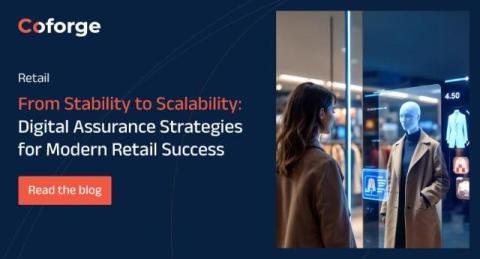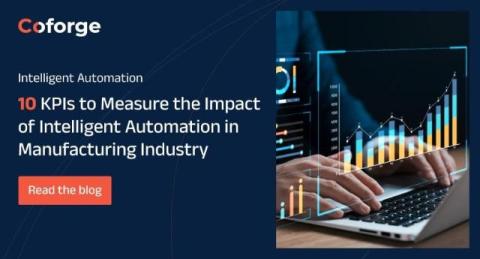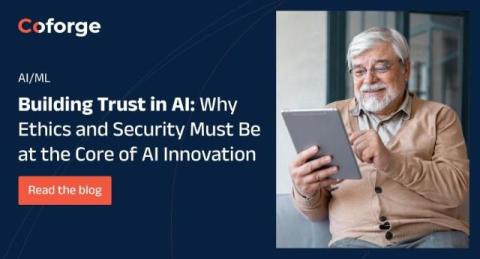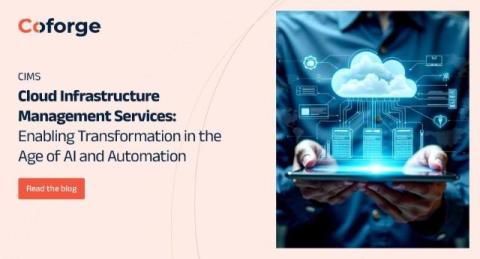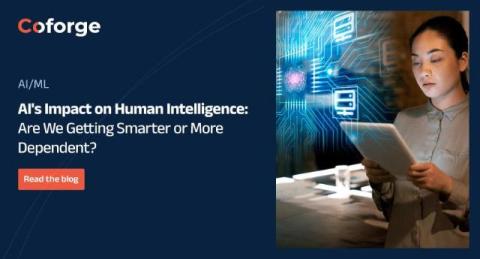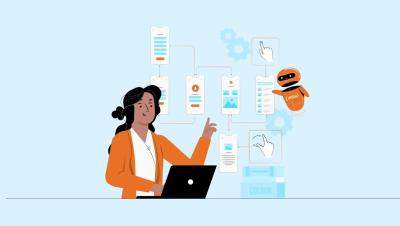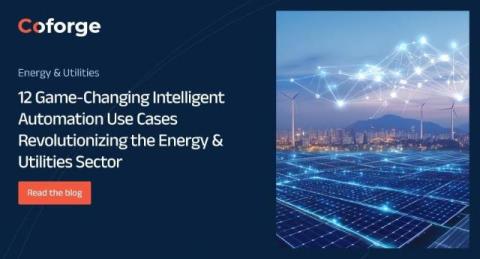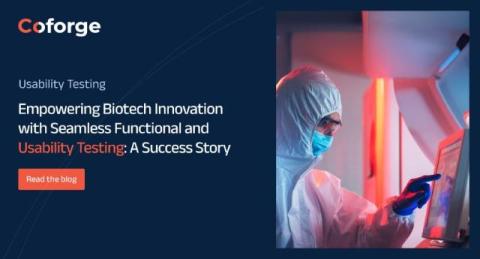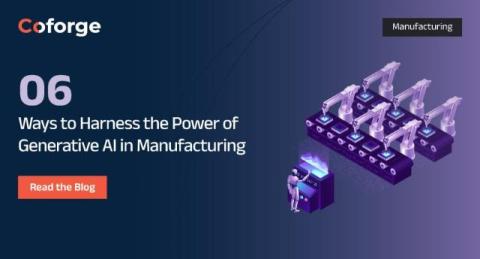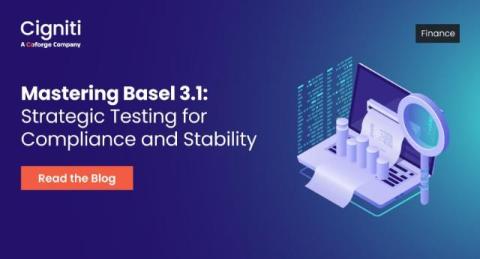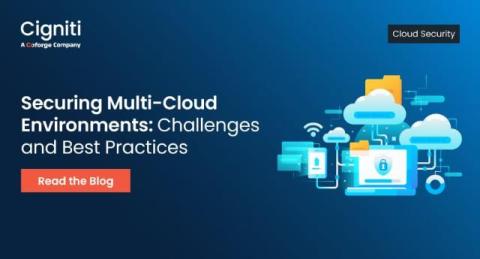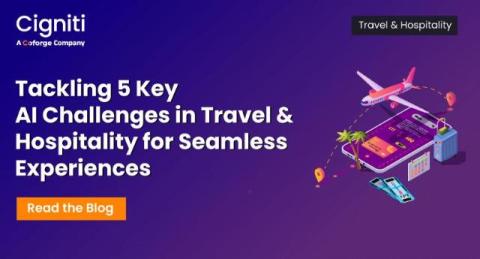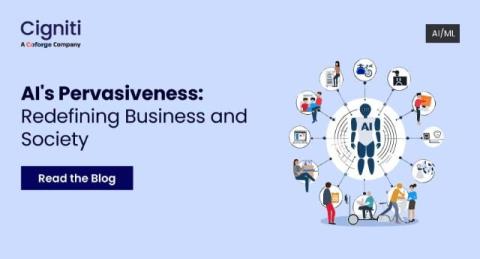From Stability to Scalability: Digital Assurance Strategies for Modern Retail Success
Forrester’s Global Retail E-Commerce Forecast, 2024 to 2028, predicts global online retail sales will rise from $4.4 trillion in 2023 to $6.8 trillion by 2028. Despite this increase, 76% of retail sales ($21.9 trillion) will remain offline by 2028. To remain competitive, retailers are enhancing their omnichannel strategies by seamlessly integrating online and offline experiences.


